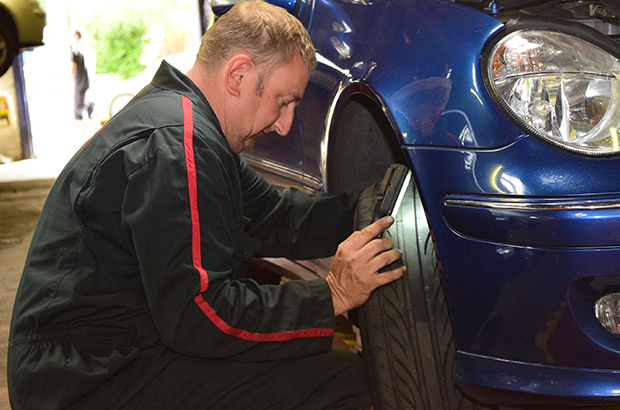Keeping your vehicle in good shape is essential for safety and legal reasons. One crucial aspect of vehicle maintenance in the UK is the MOT check. Whether you drive a car, van, or motorcycle, understanding what an MOT check is and its importance can help you stay compliant with the law and ensure your vehicle’s safety on the road.
What is an MOT Check?
An MOT (Ministry of Transport) check is an annual test required by law for vehicles over three years old in the UK. The test checks the vehicle’s safety, roadworthiness, and exhaust emissions. If your vehicle passes the MOT test, you receive an MOT certificate, which is valid for one year. If it fails, you must have the necessary repairs done and then have your vehicle retested.
Importance of an MOT Check
Legal Requirement: It’s illegal to drive a vehicle without a valid MOT certificate. Failing to have your vehicle tested can result in fines and points on your driving license.
Safety Assurance: The MOT test ensures that your vehicle meets safety standards. It checks crucial components like brakes, tires, lights, and steering, making sure your vehicle is safe to drive.
Environmental Responsibility: The MOT test also measures your vehicle’s exhaust emissions to ensure they are within the legal limits. This helps reduce pollution and protects the environment.
Peace of Mind: Knowing that your vehicle is safe and roadworthy gives you peace of mind. Regular MOT checks help catch potential issues before they become serious problems.
Different Types of MOT Checks
Different types of vehicles require different MOT checks. Here are the main categories:
Car MOT
A car MOT test includes a comprehensive check of various components such as:
Lights: Headlights, indicators, brake lights, and rear lights.
Brakes: Effectiveness and condition of the braking system.
Tires and Wheels: Tread depth, condition, and alignment.
Seat Belts: Condition and functionality.
Exhaust and Emissions: Checking for harmful emissions and noise levels.
Steering and Suspension: Ensuring proper control and stability.
Van MOT
Vans, like cars, need an annual MOT test. Due to their often heavy use and commercial nature, van MOTs might focus more on:
Load Security: Ensuring that the load carried is secure.
Brakes and Suspension: Given the heavier loads, these parts are crucial.
Overall Structure: Checking for rust and integrity, especially in older vans.
Motorcycle MOT
Motorcycles also require an MOT check to ensure safety on the roads. The motorcycle MOT test includes:
Lights: Headlights, tail lights, and indicators.
Steering and Suspension: Ensuring the bike is stable and handles well.
Brakes: Checking both front and rear brakes.
Tires: Condition and tread depth.
Frame and Chassis: Checking for damage or corrosion that might affect safety.
Importance of Timely MOT Checks
Conducting MOT checks on time is crucial for several reasons:
Avoiding Fines: Driving without a valid MOT certificate can lead to significant fines and penalty points on your driving license.
Preventing Accidents: Regular MOT checks ensure that all critical components of your vehicle are functioning correctly, reducing the risk of accidents.
Cost Savings: Identifying and fixing minor issues during an MOT can prevent major, more expensive repairs later.
Environmental Compliance: Ensuring your vehicle meets emission standards helps you avoid penalties related to excessive pollution and contributes to environmental protection.
MOT checks are a vital part of vehicle maintenance and legal compliance in the UK. Whether you own a car, van, or motorcycle, understanding the importance of these checks can help ensure your vehicle’s safety and reliability. Regular and timely MOT checks not only keep you on the right side of the law but also provide peace of mind knowing that your vehicle is safe to drive. Always schedule your MOT check on time and address any issues promptly to maintain your vehicle’s performance and safety.


